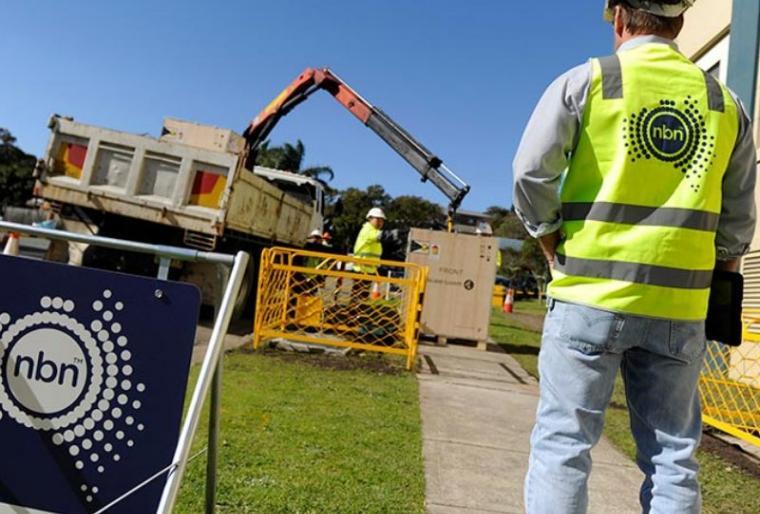The Australian Competition and Consumer Commission is set to review whether Australians can access basic broadband plans at fair and affordable prices, as part of an inquiry into NBN wholesale charges.
The inquiry will examine wholesale prices paid by retail service providers using the national broadband network to provide residential-grade broadband services.
More specifically, the regulator said it will focus on prices for basic speed broadband products offering 12/1 Mbps, and will consider whether regulation is needed to ensure a smooth transition for consumers to the NBN from legacy services such as ADSL.
“We have concerns that NBN Co’s wholesale pricing has resulted in unfair outcomes for those consumers who have no need for, or do not want, higher speed plans,” ACCC Chair Rod Sims said. “Most consumers have no choice but to migrate to the NBN if they want to keep their home service active, but are at risk of not being able to obtain a comparable NBN service at a similar price to their ADSL service.”
According to the ACCC, the inquiry will determine whether NBN Co’s most recent pricing offers (in particular, its recent changes to its Entry Level Bundle) will enable RSPs to offer attractive retail NBN options at ADSL-like prices.
The ACCC, which first raised these issues last April after NBN Co’s wholesale pricing changes in late 2018 led to the withdrawal of many basic speed retail plans, said it was also concerned about the national network builder’s continued use of discounts to tweak access prices.
“NBN Co can withdraw these discounts ahead of a notice period that it sets itself,” it said.” The ACCC is concerned that these arrangements may not be providing enough certainty for RSPs as they develop and promote their retail offers.”
“This lack of certainty creates unnecessary risks that may ultimately be passed on to consumers, who may face higher prices and reduced quality and product offerings as a result,” Sims added.
In addition, the inquiry will look at NBN Co’s service transfer and reversal charges, which are applied each time an existing service is transferred between access seekers.
“These charges can discourage the efficient use of service transfer processes, impeding competition and impacting consumers,” the regulator said.
“We want to hear from interested parties as part of this public and transparent inquiry process,” said Sims. “Right now, we are approaching a peak period for NBN service activations and mandatory migrations. The window for many consumers to migrate to the NBN without losing their existing fixed line service is closing.”
“We are interested in what changes can be made quickly to promote competition and the interests of consumers, while allowing NBN Co the opportunity to grow its revenues, invest in its business and earn an appropriate rate of return,” Mr Sims said.
The ACCC said the inquiry will allow it to make a final access determination (FAD), should one be needed, ahead of the expiry of the current wholesale broadband agreement at the end of November 2020. “Any FAD would provide access seekers with certainty about the terms and conditions of the access to the NBN that would apply should they be unable to reach a new commercial agreement with NBN Co at that time.”
The ACCC has released a discussion paper examining these issues and seeking views on those and other related issues.
Richard van der Draay is in Amsterdam as a guest of Informa Tech

